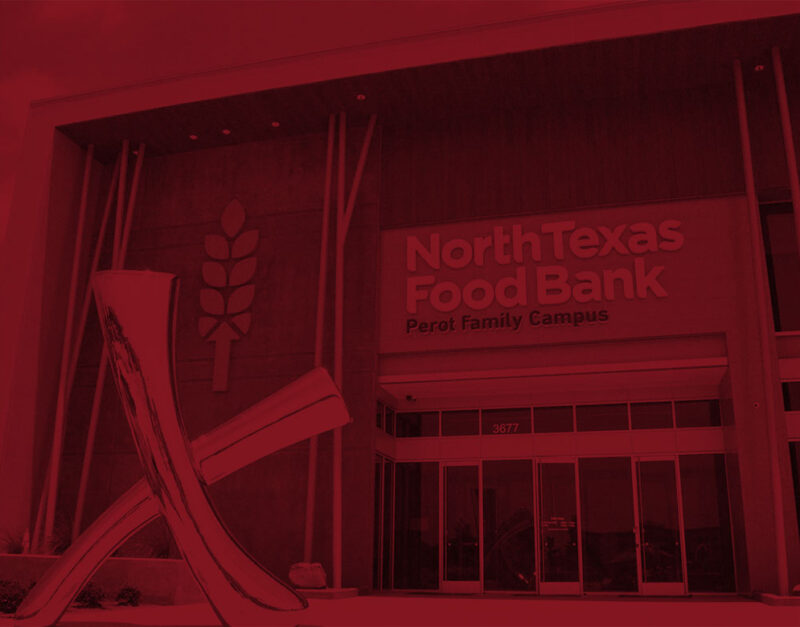 May 10, 2023
May 10, 2023 Waters Kraus Paul & Siegel has joined law firms across North Texas to raise funds and collect food to fight food insecurity in our communities.
Throughout the month of May, Waters Kraus Paul & Siegel attorneys, staff and friends of the firm are volunteering at the North Texas Food Bank, raising money, and collecting canned and non-perishable food. The 2023 goal is to donate at least 50 volunteer hours, 50 pounds of canned goods and $15,000 in financial contributions. Online contributions to the team’s efforts can be made here.
This is the second year that Waters Kraus Paul & Siegel is participating in the Partners 4 Hope challenge, which the North Texas Food Bank describes as a “friendly competition” among law firms to spread awareness about the special challenges children face during the summer school break. Contributions provide desperately needed meals and nutrition assistance to school-age children, particularly during the summer months when school cafeterias are not able to provide free and reduced-cost breakfast and lunch.
“We believe in the North Texas Food Bank and the important work they are doing,” said firm partner Chris Johnson, who is co-leading the firm’s 2023 Partners 4 Hope campaign. “This year, all of us are looking forward to being able to make a positive difference. What we’re doing now will have a direct benefit for kids who may go hungry during the summer.”
Food insecurity is a dynamic problem facing every county in the United States. Roughly 34 million people — including nine million children — do not have enough food on a daily basis, according to the U.S. Department of Agriculture. Hunger affects one in eight North Texans today. Among children, one in five don’t know where their next meal will come from, according to the Feeding Texas nonprofit.
The North Texas Food Bank plays a vital role in combating hunger because a significant number of households do not qualify for federal nutrition programs and must rely on other services for help. For example, many families depend on school breakfast and lunch programs during the school year. In summer months, the lack of these programs increases the need for nutrition assistance for school-age children. Instead, they look to their own kitchen pantries for meals and snacks, placing an extra financial burden on households already struggling to get by.
Hungry Texans are often forced to make difficult tradeoffs between food and other pressing needs. According to the Feeding America nonprofit, 69 percent of people who are food insecure must make choices between food and priorities like transportation costs, medical care and education.
The Partners 4 Hope challenge’s focus on summer nutrition assistance is particularly valuable because research shows that food insecurity has far-ranging effects on children and adolescents. The estimated nine million children in the U.S. who don’t have reliable access to food face greater physical and mental health risks, including delayed development, chronic illness like asthma and anemia, and behavioral problems like anxiety, hyperactivity and aggression. Research by Trinity University has found links between food insecurity and eating disorders in young people.
“All of us at the firm view the practice of law first and foremost as a public service,” said firm partner and Partners 4 Hope co-leader Caitlyn Silhan. “Waters Kraus Paul & Siegel has long been committed to community service — locally in Dallas but also nationally in the other communities where we practice and represent clients. We do that through initiatives like Partners 4 Hope, as well as pro bono legal work around issues that impact our clients and society.”
Vast expansions in federal and state aid during the Covid-19 pandemic shutdown had a significant — but temporary — impact on the problem. Those programs included the expanded child tax credit and direct payments to working families, as well as increased benefits for the Supplemental Nutrition Assistance Program, or SNAP. Other initiatives made school meals universally free, and an emergency program reimbursed families for missed school meals. With those programs now over, there are measurable signs that those temporary gains have reversed. That means services provided by the North Texas Food Bank are more important than ever.
You can find more information on childhood hunger in North Texas at map.feedingamerica.org and ntfb.org/childprograms.


